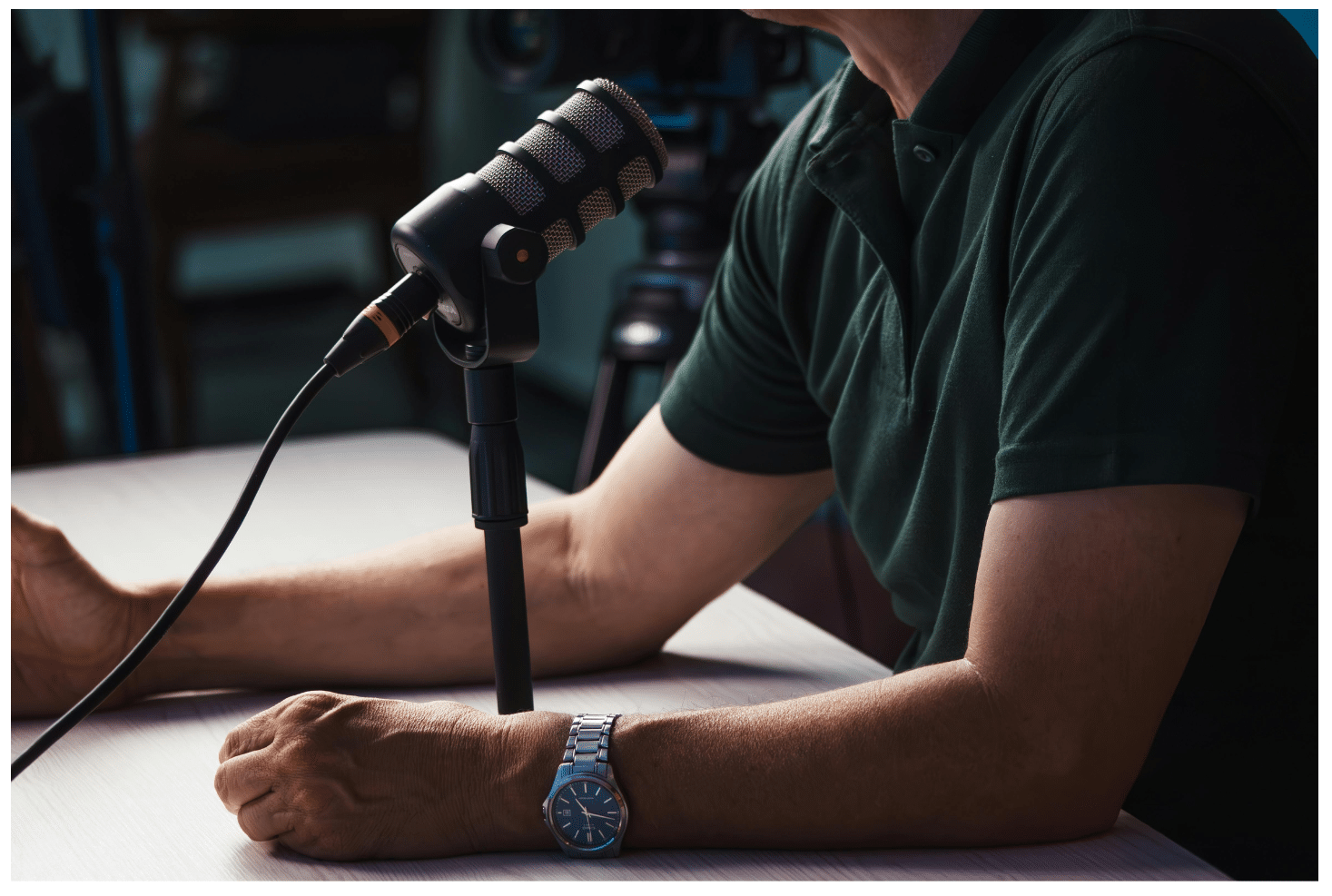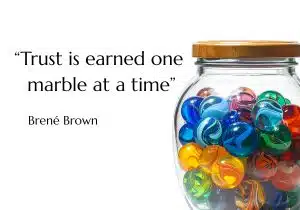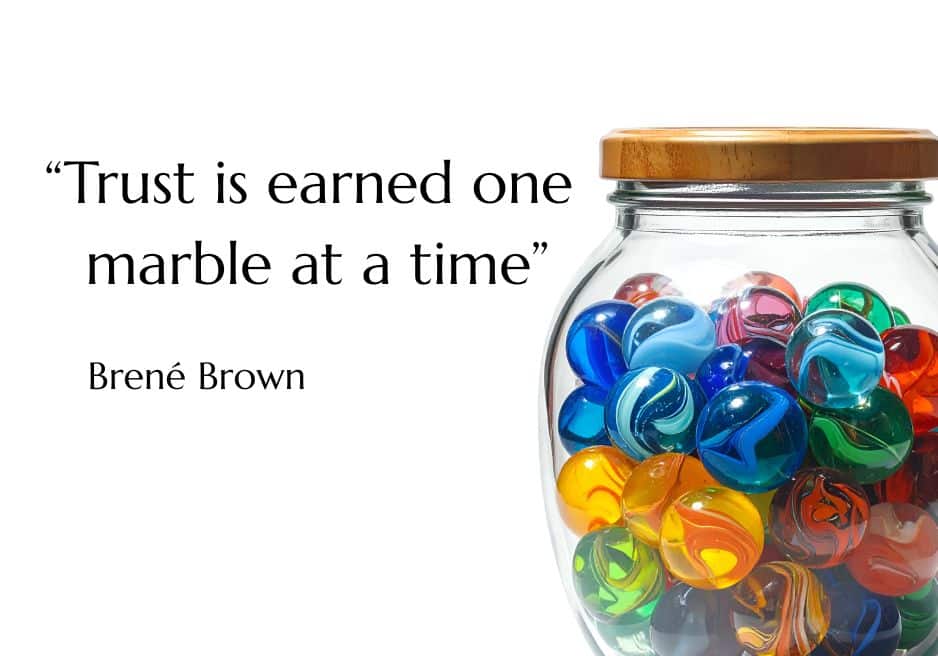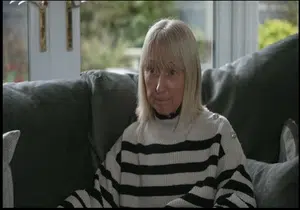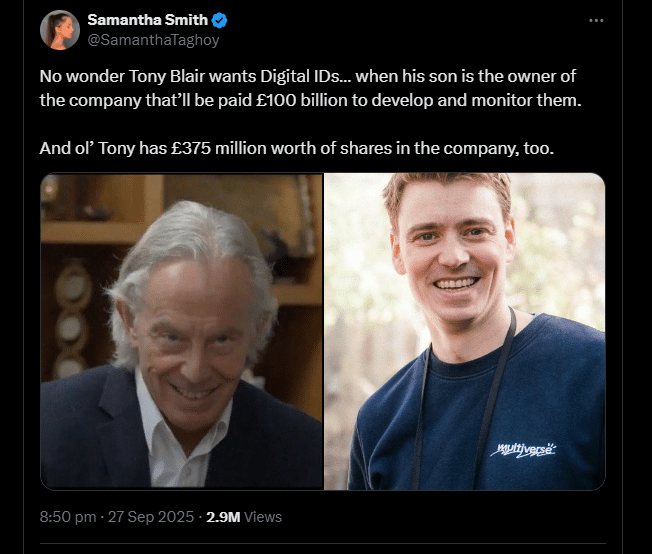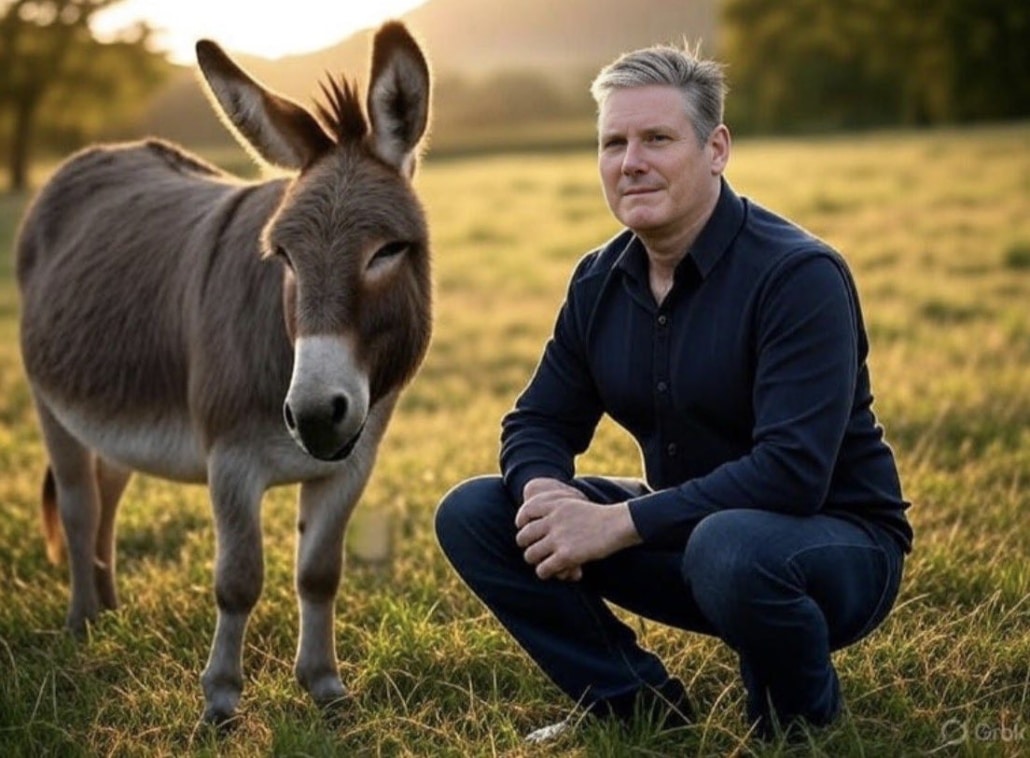How to Avoid Podfade: Five reasons why podcasts fail (and how to stop yours being one of them!)
Podcasts are everywhere. Estimates vary, but it’s thought that there are about 4.25 million podcasts worldwide, with activity levels at a record high. It often seems as if anyone with a microphone, a digital recorder and something to say has started one. For the listener, this represents a dazzling – not to mention slightly overwhelming – choice of subject matter, styles and formats. Very few will reach the reported 11 million regular listeners to The Joe Rogan Experience, probably the most listened to podcast in the world.
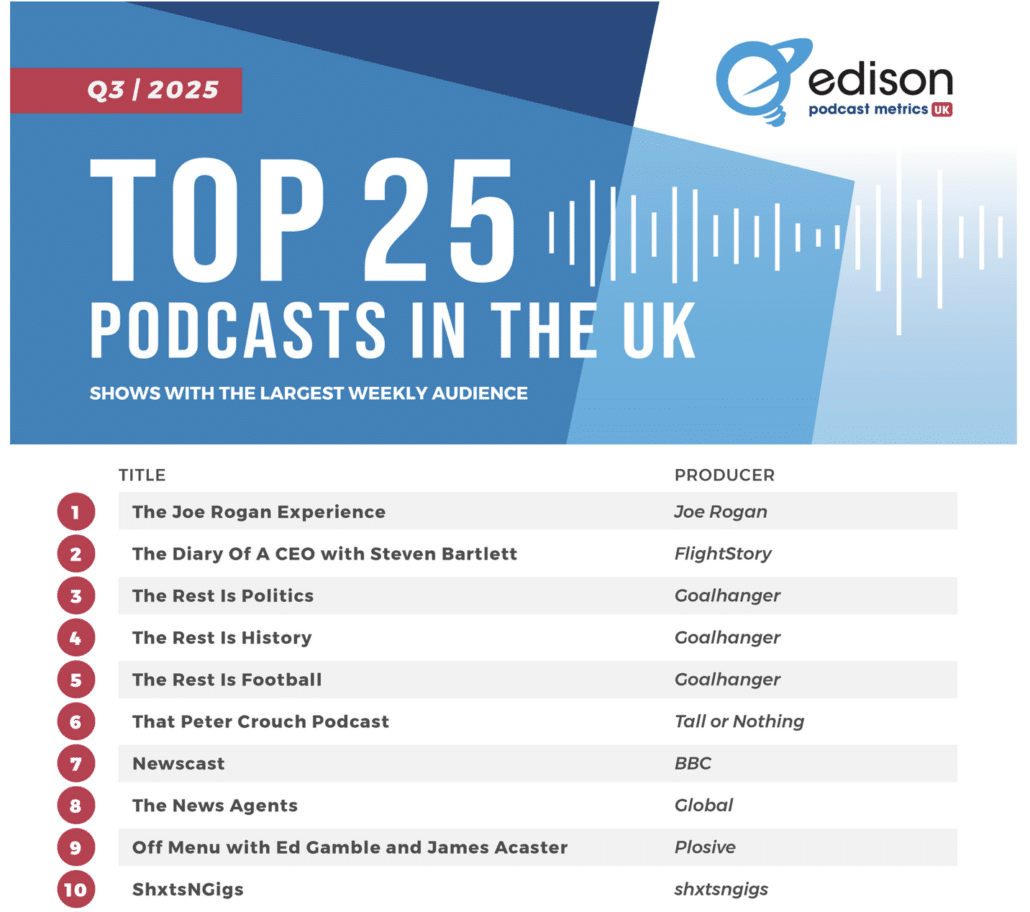
However, most of those podcasts are no longer active, with some sources suggesting that only around 500,000 remain. There’s even an industry word for this: “podfaded”.
The truth is, despite the low barriers to entry, the majority of podcasts stall before hitting ten episodes. From our experience of working in the industry, here’s why we think this is – and how you can stop yours following suit:
No Clear Sense of Purpose
Simply wanting to do a podcast – because everyone seems to be doing one and therefore you think you should do one too – is not enough. You need to decide what your podcast is for. What are you offering that other podcasts don’t? What angle or perspective are you taking? Or how can you offer what you have to say in a different way? Clarity about your value proposition will keep you on track and help listeners make that all-important connection, which keeps them listening.

Over-ambition
In the heady days of setting up a podcast, it’s easy to imagine a future far beyond what is realistically possible in practice. Imagined guests talking at ease and at length about a series of as-yet undecided topics makes the process seem straightforward. But the harsh reality of two people in an empty room trying to get a conversation underway after the fifth retake feels very different. So, limit the frequency and duration of your first podcasts carefully. It’s much better to go from one podcast a month to two (if there’s a call for it and you can manage the work involved), rather than the other way around. Similarly, you can always extend episode length – perhaps for a one-off ‘special’, or as the needs of the podcast demand – rather than be seen to be cutting back. Otherwise, what feels like a fun day out of the office on episode 1 can become serious amounts of out-of-hours stress by episode 3.
Poor Structure
What differentiates podcasts from many radio programmes – and what attracts people to them – is often how ‘loose’ and chatty they sound. And it’s true, podcasts should sound conversational, as if friends are chatting in a coffee shop together. For this reason, take care about how much ‘scripting’ goes on. Not only does it take a huge amount of time to prepare, but it’s hard to write for the ear rather than the eye (although that is something we teach). Nevertheless, it’s worth keeping some sort of structure in mind: a clear opening, a midpoint reset, a final thought. Plus, what we call ‘teases’ to identify what’s “coming up…” or “still to come…”. These tiny signposts help listeners stay with you.
Lack of Editorial Discipline
This is where lots of podcasts come unstuck. They run far too long. They leave in the dull bits. They forget that listeners can — and will — drift off. If conversation meanders off-topic (we’re back to that sense of purpose again), listeners will struggle to stay on board. Tight editing is one of the clearest signs of quality, whether it’s done in the studio afterwards or “live” by a host who knows when to move things along. And the selection of host (or hosts) is crucial. It’s often not the most senior individual in the organisation who is the best choice for presenter. Someone who sounds friendly, confident, relaxed, and who can ask simple and concise questions that encourage intelligent discussion is precisely the person you are looking for.
Troublesome Tech
Those low barriers to entry probably don’t help here. These days, with the right apps, it’s possible to produce a podcast on a single mobile phone. But listeners are used to top-quality presentations from the very best broadcasters, so will notice the difference immediately. Volume levels which vary, unexpected drop-outs, a weird echo, or interviewees who sound off-mic are all very good reasons for the listener to switch off. Buying the proper kit or hiring a studio where people can do the technical part on your behalf is often a valuable investment and will reap dividends. Such an approach also leaves you free to focus on the content, which will no doubt be improved as a result.
Ultimately, podcasting remains one of the most intimate and enjoyable formats out there. But success requires more than a microphone and an idea. Importantly, what’s needed can be taught. Our courses will help define the purpose of your pod. We can teach people how to write and read scripts, ask good questions, as well as interrupt politely and start and end with impact.
Addressing these five failure points will not only help you avoid ‘podfade’ but also set you up to build a loyal audience that grows year over year.
Find out more about our Podcast Training here.
Images: Canva



